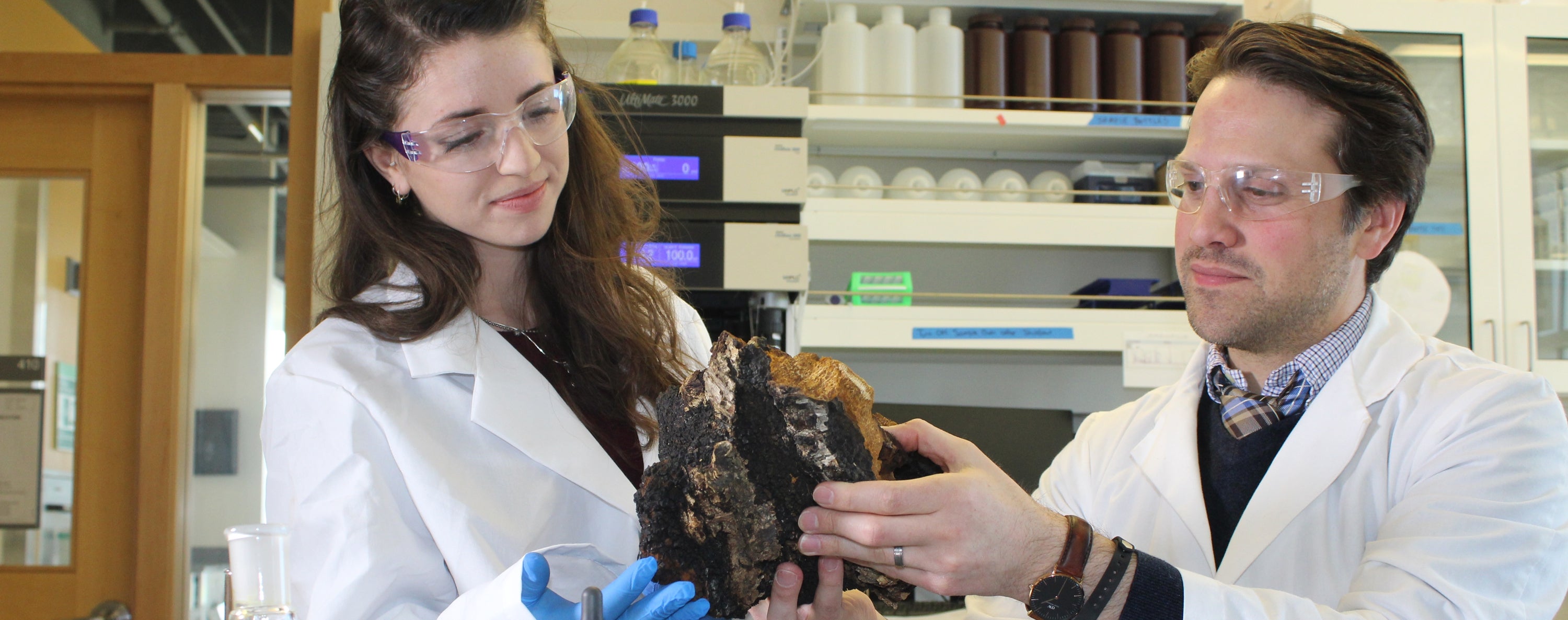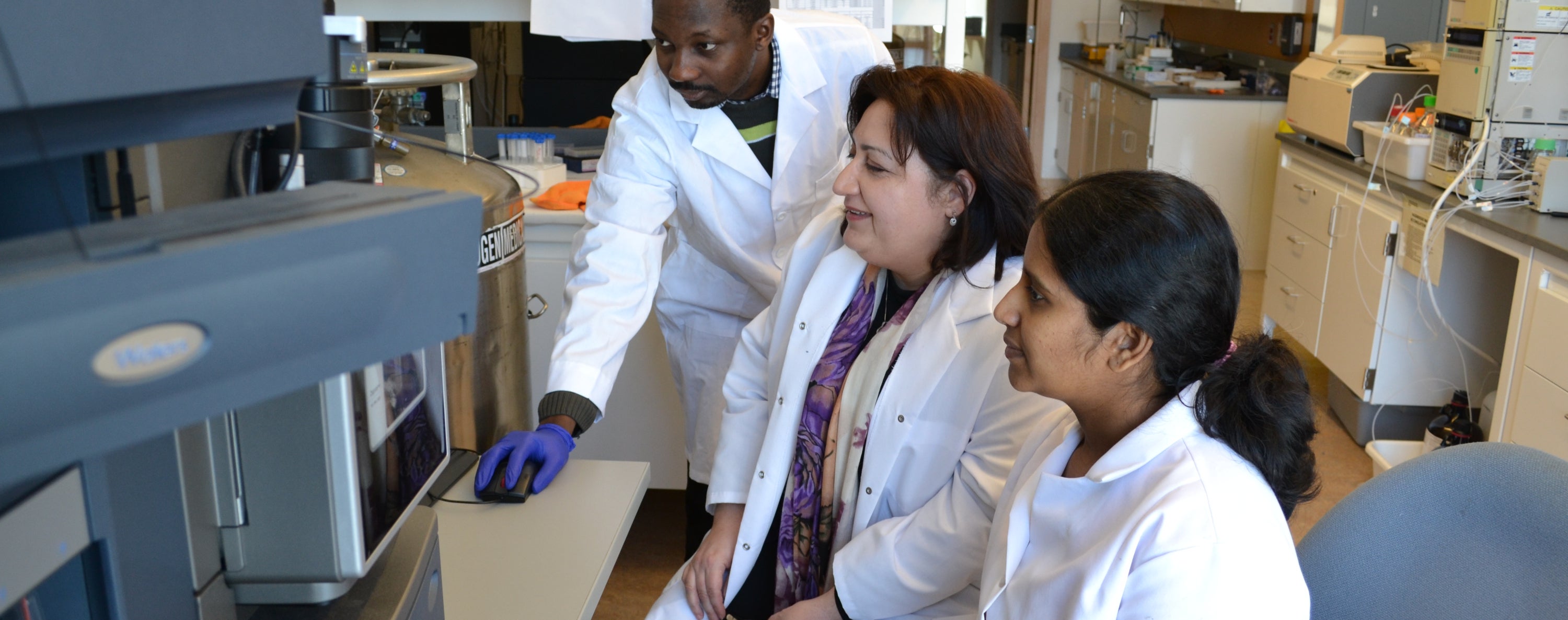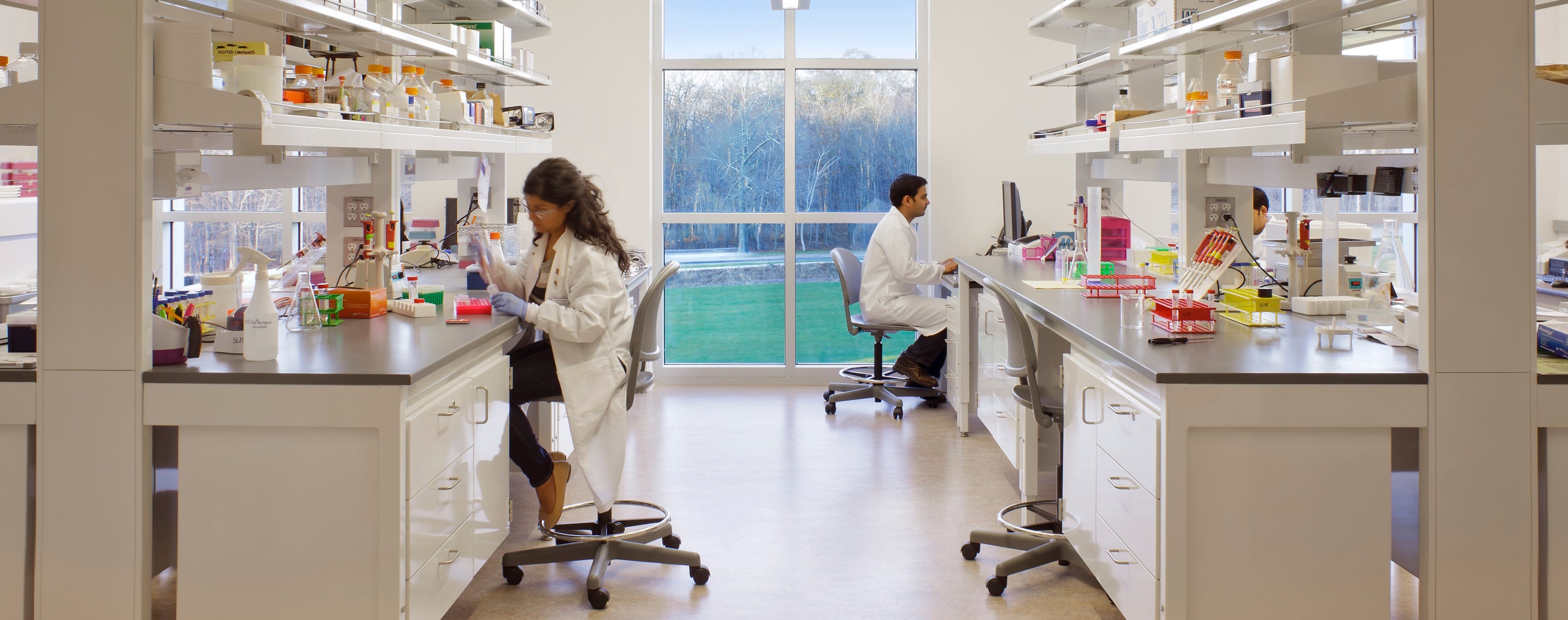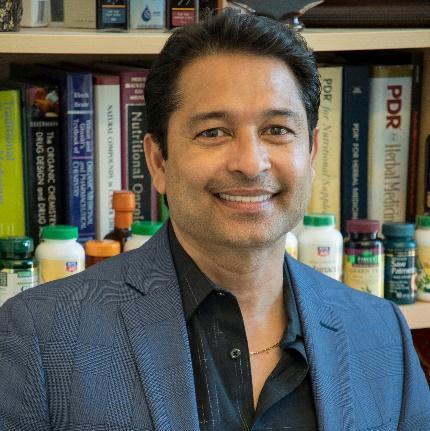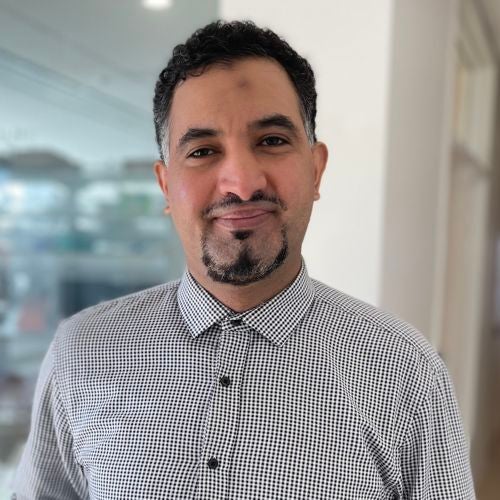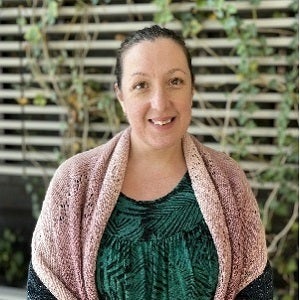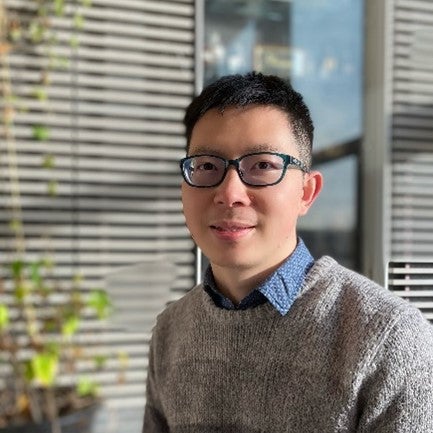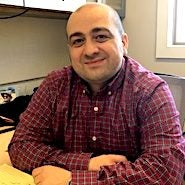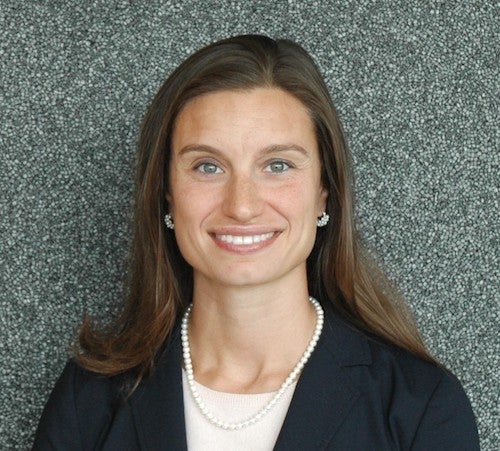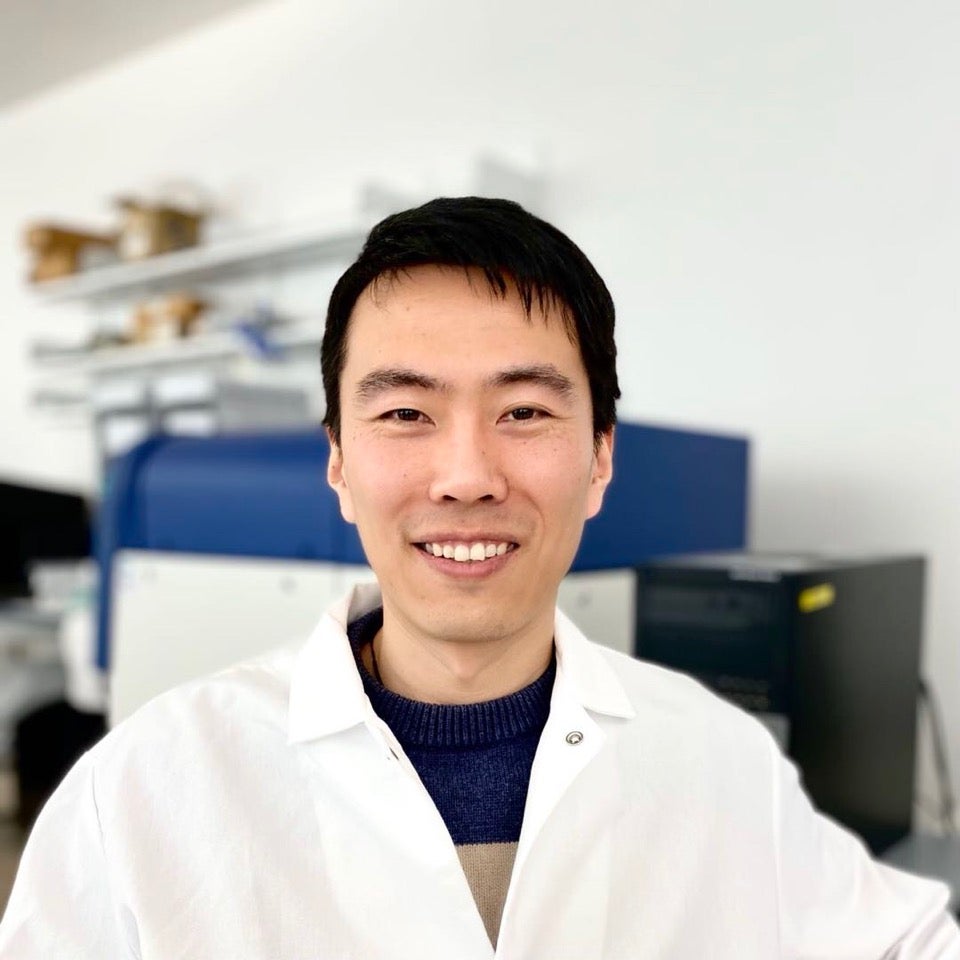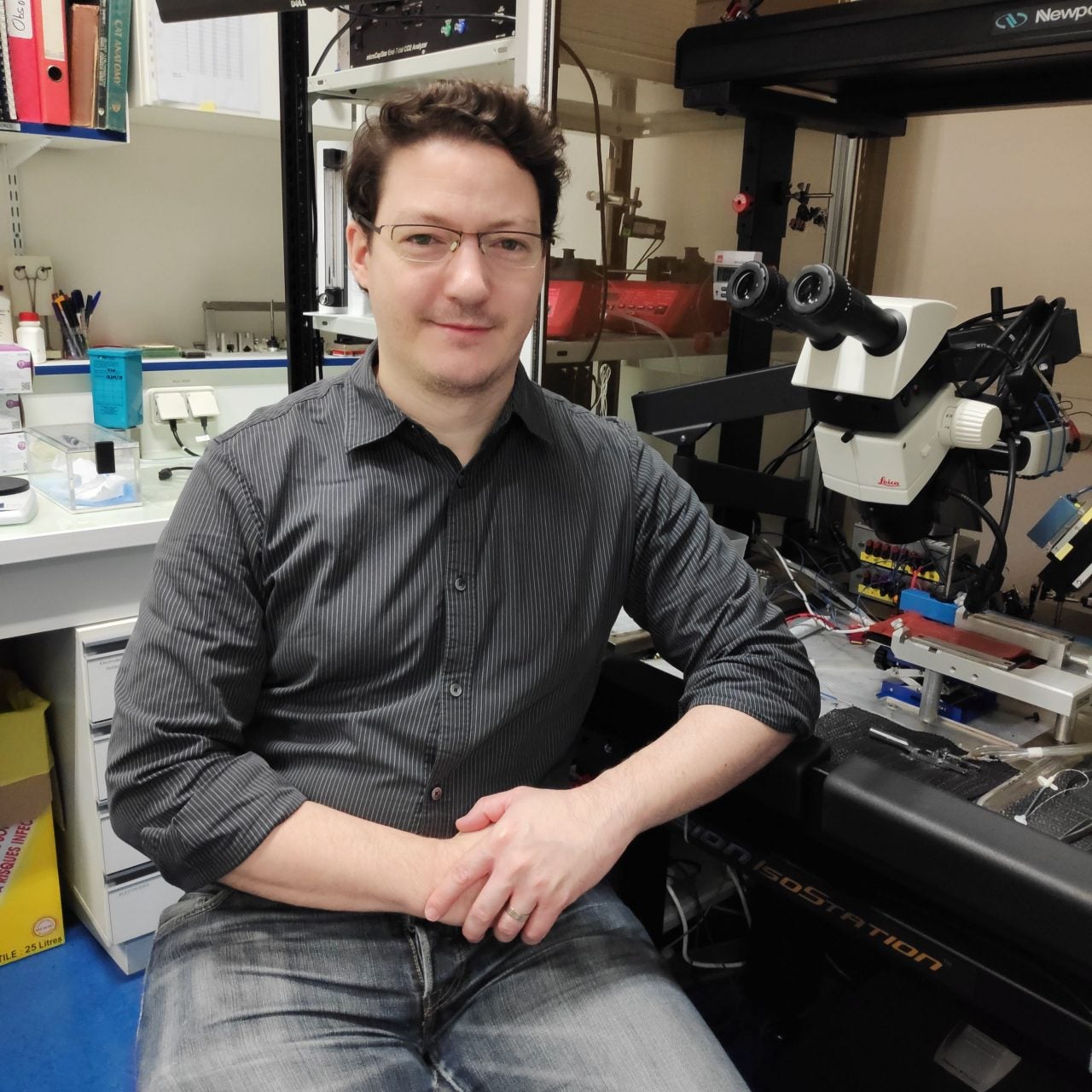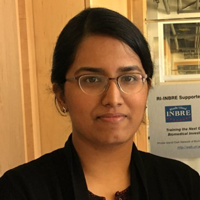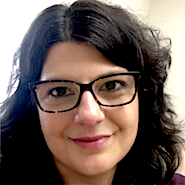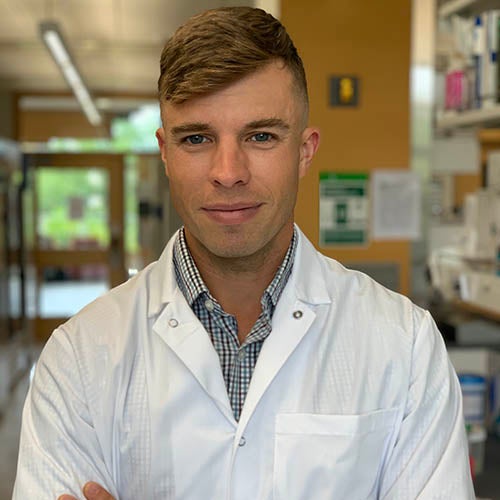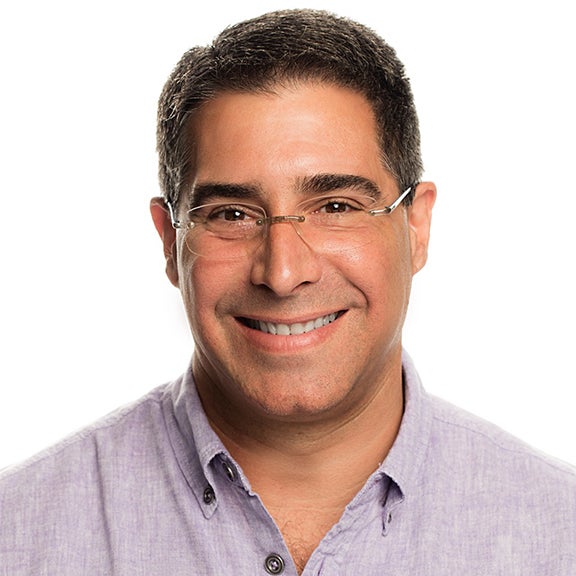Graduate Programs
The Department of Biomedical and Pharmaceutical Sciences offers M.S. and Ph.D. Pharmaceutical Sciences degrees with three specializations. A number of interdisciplinary as well as specialized courses are built into the curriculum to prepare the students for diverse career opportunities in industry, academia, and government agencies.
Faculty & Staff
BPS Department Chair and Professor
Professor Emeritus
Assistant Professor, George & Anne Ryan Institute for Neuroscience
401.874.2687
jalber@uri.edu
Research Assistant Professor & RI-INBRE Research Core Facility Director
Office: 405 Lab: 405
401.874.5731
angcai@uri.edu
Assistant Professor
401.874.7659
richardclements@uri.edu
Ryan Research Assistant Professor
Biomedical and Pharmaceutical Sciences, George & Anne Ryan Institute for Neuroscience
401-874-9280
gcoppotelli@uri.edu
Associate Teaching Professor, Director of the BSPS Programs, Director of the Certificate Program in Cannabis Studies
Office: 395N
401.874.5517
sdancause@uri.edu
Assistant Professor Research, INBRE Bioinformatics Core Coordinator
Office: 495K
401.874.9862
hemmecl@uri.edu
Professor Emeritus
Associate Professor
401.874.4727
abekovoor@uri.edu
Associate Professor, Paramaz Avedisian Endowed Chair in Medicinal Organic Chemistry, Director of Graduate Programs
Office: 495N
401.874.9361
deyuli@uri.edu
Research Assistant Professor & Research Coordinator
Office: 230F Lab: 490
401.874.2924 (lab)
hichang813@uri.edu
Research Assistant Professor
Office: 395A Lab 440
401.874.2711 (office) 401.874.7654 (lab)
hang_ma@uri.edu
BPS Department Administrator / Higher Education Administrative Assistant II
Office: 245B
401.874.2362
bnorris@uri.edu
Professor Emeritus
Professor Emeritus
Assistant Professor
Biomedical and Pharmaceutical Sciences, George & Anne Ryan Institute for Neuroscience
401.874.5545
jaime_ross@uri.edu
Professor Emeritus and Former Founding Director of RI-INBRE
401.874.5036
zshaikh@uri.edu
Professor
401.874.4576
pjsnyder@uri.edu
Herrmann Professor of Neuroscience
401.874.2363
wvannostrand@uri.edu
Mission
The mission of the Department of Biomedical and Pharmaceutical Sciences is to educate Doctor of Pharmacy and BSPS degree students in the pharmaceutical sciences, to train masters and doctoral degree students in pharmaceutical and biomedical research, and to provide service in these disciplines at state, national, and international levels.
Goals
Academics
- Educate students in Biomedical and Pharmaceutical Sciences (Pharm.D., BSPS Nursing, Pharmaceutical Engineering, neurosciences).
- Educate and train professional and graduate students and postdoctoral fellows to lead in the advancement of scientific discovery in the biomedical and pharmaceutical sciences toward a greater understanding of human health.
- Innovate in the development and delivery of pharmaceutical education.
- Provide experiential learning sites that broaden professional degree students’ knowledge base.
- Pursue and develop novel resources for the recruitment and support of a diverse student and faculty body.
Research
- Recruit and retain dedicated, expert, and productive faculty to educate, train, and inspire all students, and to generate new knowledge for the advancement of human health.
- Mentor junior faculty in the pursuit of excellence in research.
- Establish and maintain state-of-the-art research facilities to improve the competitiveness of faculty research programs.
- Develop a nationally competitive extramurally funded research program.
- Encourage collaborative research between faculty in the biomedical, pharmaceutical, and clinical sciences.
Service
- Foster a strong sense of community, caring, and respect between all students, faculty, and staff in the department.
- Encourage all faculty and students to play an active role in local and national pharmaceutical and biomedical organizations.
- Provide service to the broader scientific community at national and international levels.
Faculty Mentoring Program
It is the department’s policy to provide effective mentoring for their new faculty. It is critical for the department to provide support for new faculty in providing guidance for setting up their research programs and obtaining outside funding for that program. It is the departments’ policy to assign a research mentor with in the first month that new faculty arrives. Other mentoring services such as social facilitative support will be provided by the chair or designee.
The research mentor will be a recognized expert in the faculty members’ research field. If the faculty member is assigned a mentor through a special grant program or University program, the research mentor will be the same individual.
The Chair will provide incentives indicating that mentoring is a priority. These include departmental recognition, and providing support for the mentors and mentees to meet over lunch.
The University’s ADVANCE Office will help provide formal mentor and mentee training.

